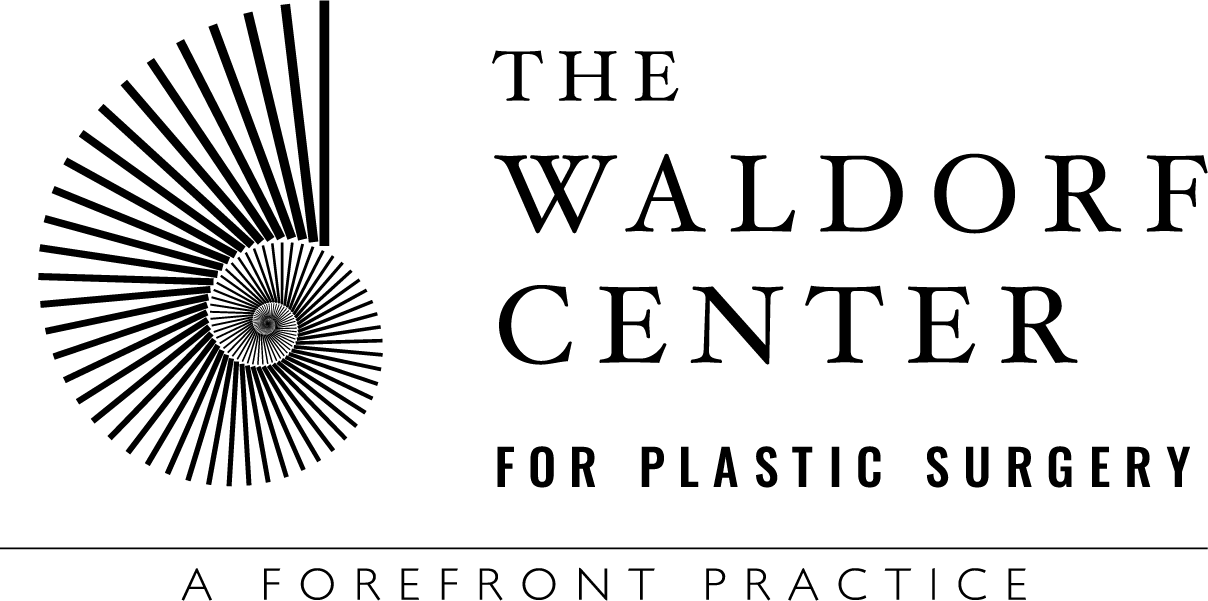Over the past few days, our mainstream media has reported on a story, which is not really new, about an extremely rare condition associated with breast implants known as breast implant-associated anaplastic large cell lymphoma (BIA-ALCL.)
BIA-ALCL is a subtype of cancer called non-Hodgkin’s lymphoma, and can occur in the scar tissue or fluid around breast implants. In 2011, with an update in 2016, the FDA issued a statement warning of “a very small, but increased risk” of ALCL in women with breast implants. This is not breast cancer.
The true rate of breast implant-associated ALCL is unknown. Less than 200 cases of breast implant-associated ALCL have been confirmed since the late 1990s, whereas there are an estimated 10 million women with breast implants worldwide. The risk of ALCL is at least 18 times higher in women without implants; however, the National Cancer Institute data has suggested that approximately only three in every 100 million women with breast implants will develop the illness.
Cases of ALCL have been confirmed in patients with both saline and silicone devices, but ALCL is nearly 100% associated with textured devices. Patients most typically present with a “late-onset seroma” or a fluid collection around one breast implant that occurs many years after their initial breast augmentation surgery. There is generally an asymmetry, or swelling, and often redness and tenderness of one side.
What patients need to know:
- The FDA confirms women with breast implants do not need to change their routine medical care and follow up. Please continue to follow up with your surgeon every 1-2 years for routine check-ups and care.
- Please contact us if you notice pain, lumps, swelling, fluid collections or unexpected changes in breast shape, including asymmetry.
- In the extremely rare case where a diagnosis of ALCL is made, the treatment is removal of the capsule as completely as possible. The surgeons at The Waldorf Center for Plastic Surgery, along with the American Society of Plastic Surgeons (ASPS) are committed to patient safety, advancing quality of care, and practicing medicine based upon the best available scientific evidence. We will continue to monitor and review all new information as it becomes available to keep our patients and community informed.
If you have concerns about your breast implants, please contact The Waldorf Center for Plastic Surgery at 503-646-0101.
For more information, please visit the ASPS site and the FDA site.
